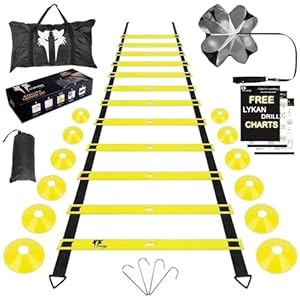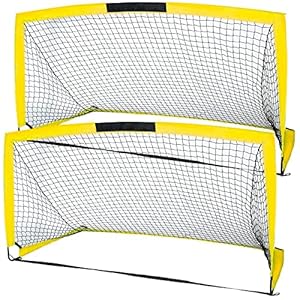
Taking a Stand to Improve Our Youth Soccer Culture
U.S. Soccer recently published their new Referee Abuse Prevention Policy for the Youth/Amateur game. The policy brings clarity to the definitions of assault, abuse and gross mistreatment towards referees and provides a penalty matrix member organizations must use in their adjudication of reports of misconduct. This policy eliminates any confusion about how organizations should levy punishments for referee abuse and is an important step towards eliminating hostile behavior from our children’s sidelines.
With approximately 7,000,000 youth soccer players in the United States, having a talented, motivated and qualified pool of referees is essential. As the youth game has improved quality of play, coaching, and development for our youth players, developing quality referees to manage matches is more essential than ever. The pool of referees, however, is in a constant state of renewal, as 60% of youth referees choose not to re-certify due to harassment and threats.
Local referee organizations are working to address this drop-off by providing referee mentoring and coaching and making new support mechanisms available to referees. These programs are vital to the development of our referee pool to meet the game demand of the youth game.
Member organizations such as US Youth Soccer, US Club Soccer, AYSO and others who are responsible for adjudicating reports of referee abuse are working to put systems in place to handle reports in a timely, fair and consistent manner.
Clubs are working to make sure parents, coaches and players respect the game and behave in a manner that is representative of their club. Importantly, more and more of our club partners at Soccer Parenting require their parents take one of our courses, a sign that clubs are taking a stand to improve the game day experience of their players and therefore promote player learning, enjoyment and development.
At Soccer Parenting we have been working diligently to improve the game day experience of players, referees, coaches and spectators through The Sideline Project program. The Sideline Project is a 15-minute course parents take regarding sideline behavior. Importantly, 62% of parents who take the 15-minute course say their behavior has improved! To learn more, about The Sideline Project, Our Pledge and the course, click here.
There is still more work to do. While the policy making of U.S Soccer is an essential and important first step, true improvement in gameday experiences lies in Member Organizations, Leagues, Clubs, Coaches and Parents effectively putting this policy into practice.
3 key areas to consider as we aim to put this Referee Abuse Prevention Policy into practice:
1. Referees, Coaches and Parents Must Report Behavior
The policy clearly states the process a referee must take in order to file a report of misconduct to a Member Organization. However, the onus should not fall solely on the referees. All adults need to take a stand and be willing to report referee abuse. Take video of such incidents, supply these videos as evidence, and be willing to testify in a hearing if necessary. Member organizations need to have clear and simple reporting processes in place in order to effectively implement this new policy.
2. Restorative education processes for offenders must be used, not just game bans
While the Penalty Matrix of the Referee Abuse Prevention Policy is clear on the amount of time and/or number of game bans that will be levied, it glaringly is lacking when it comes to demanding an educational intervention be included for offenders. When you get a ticket for reckless driving, you have to attend Driving Remediation School. Similarly, when you are punished for Hostile Behavior, education should be part of the mandated punishment.
Soccer Parenting’s Return to Good Standing Course was designed exactly for this situation. Return to Good Standing is a 60-minute course designed to educate and change the behavior of hostile offenders and be a mechanism of restorative education in order for these adults to be allowed to return to the sidelines.
3. Building Coalition Amongst the Level-Headed Adults is Essential
While this policy addresses the offenders, building coalition with the non-offenders is essential for culture change. The vast majority of parents are level-headed and are fed up with the hostile behavior as well. And, importantly, when you provide these level-headed parents with sideline behavior education (which they also need) and a means to rally around their commitment to show up supportive, not distracting or hostile (this is what The Sideline Project Course does), level-headed parent consensus is established and sideline culture changes.
I applaud U.S Soccer for taking this important stand and implementing this policy.
Let this new Referee Abuse Prevention Policy be a call to action to each of us to do our part and absolutely eliminate hostile behavior from our children’s sidelines. Our children and referees deserve an environment to grow and develop that is free of hostile behavior and it is up to us level-headed adults to take a stand against the repeat hostile offenders who are negatively impacting the learning and enjoyment for our children.
Join us in taking The Sideline Project Pledge and if you have not yet taken The Sideline Project 15-minute course, please do so today.
Trending Products










